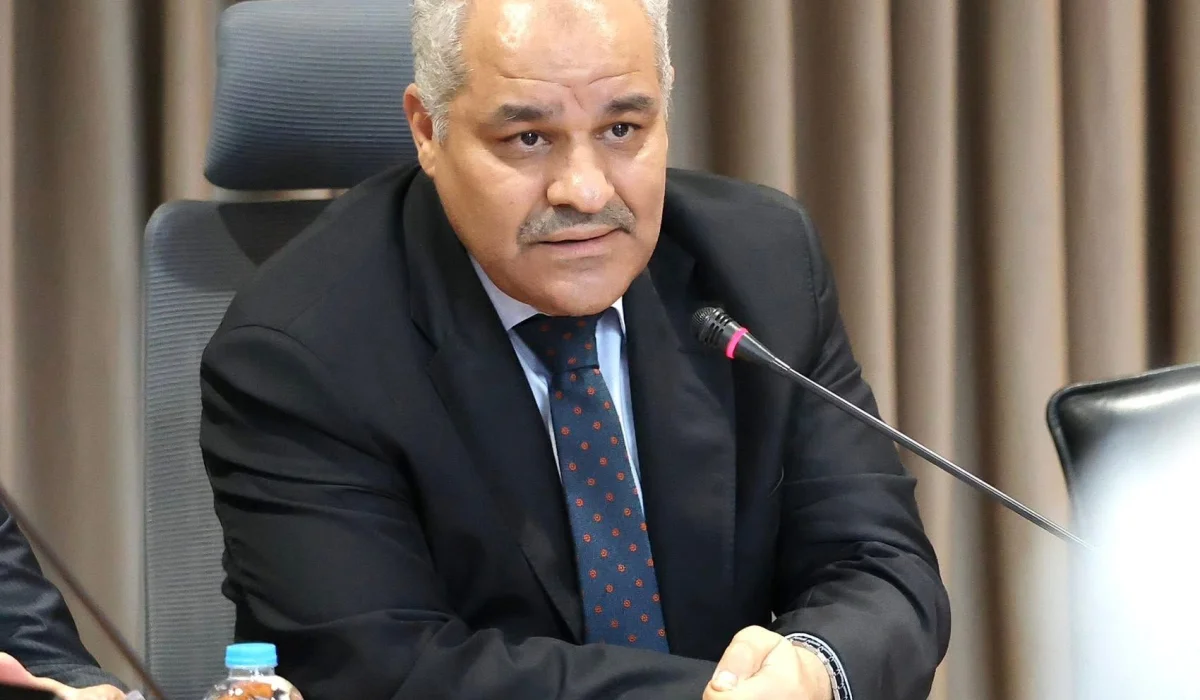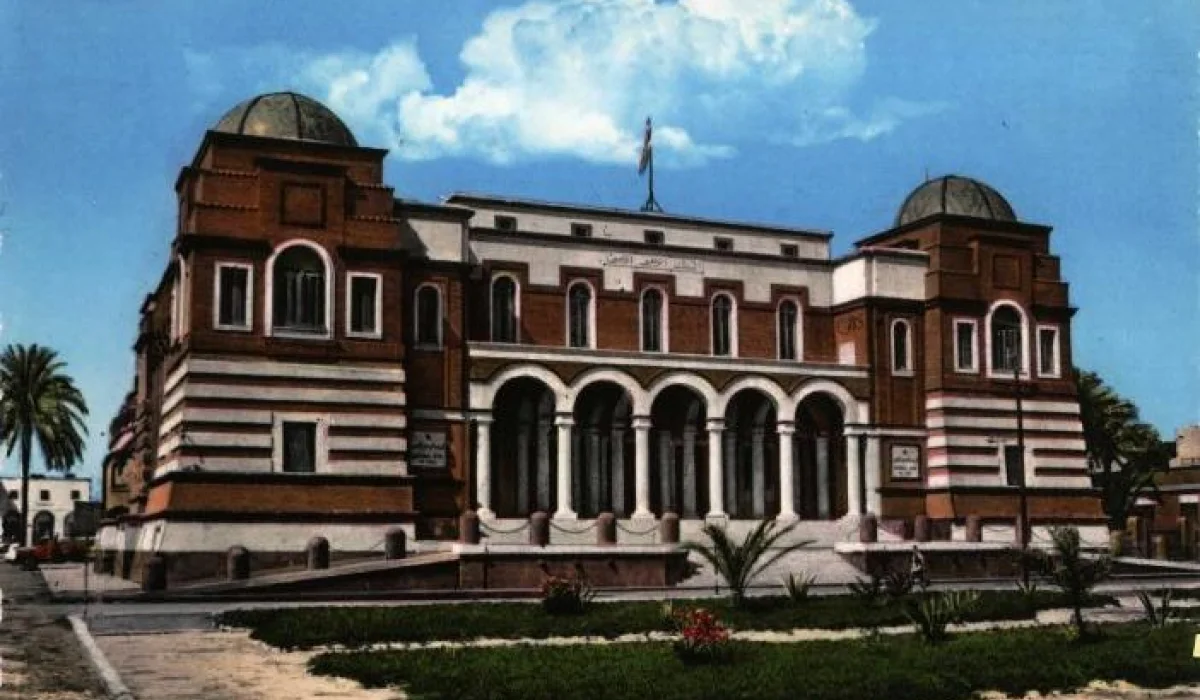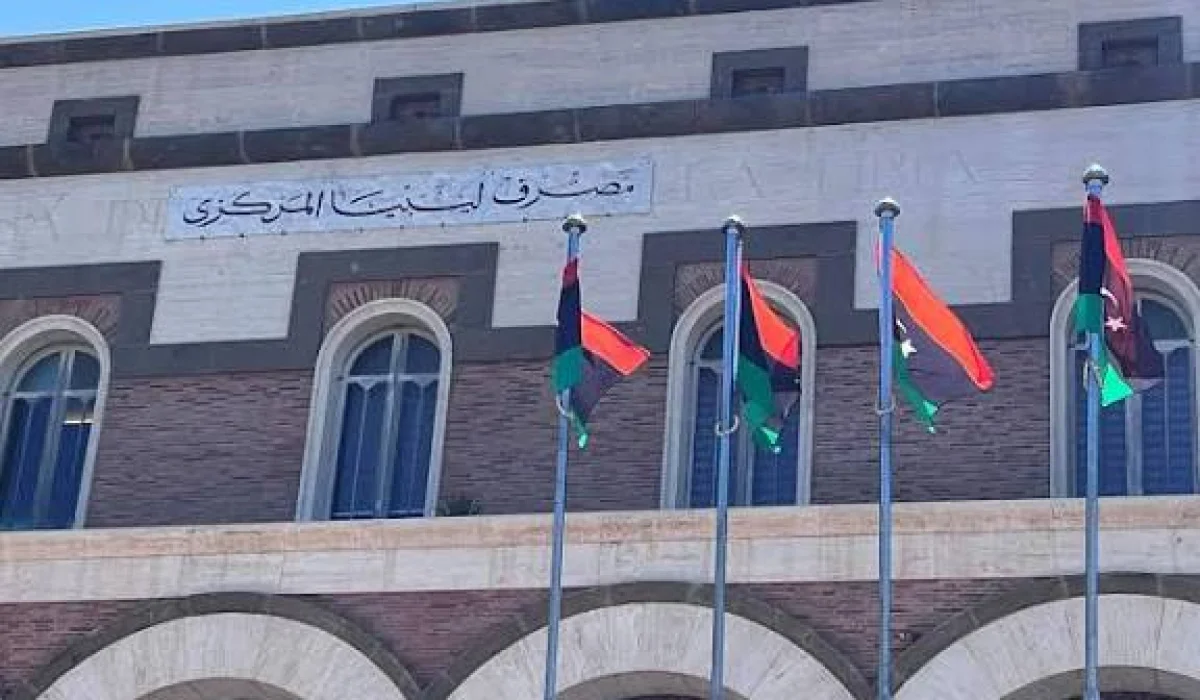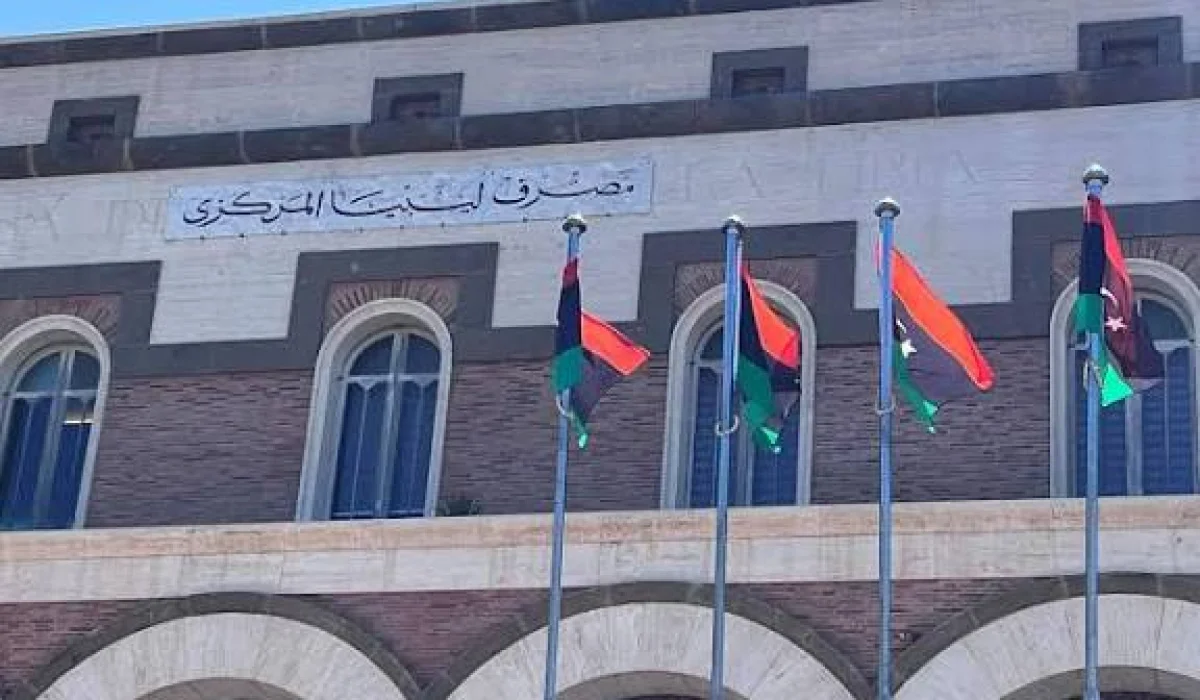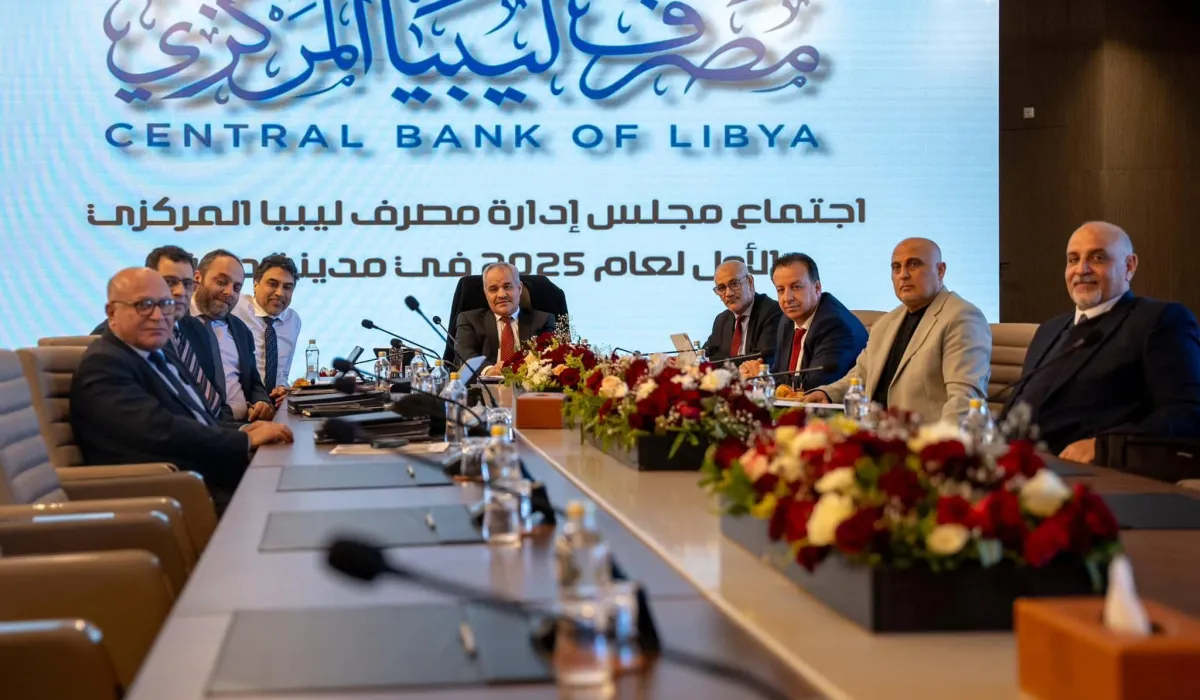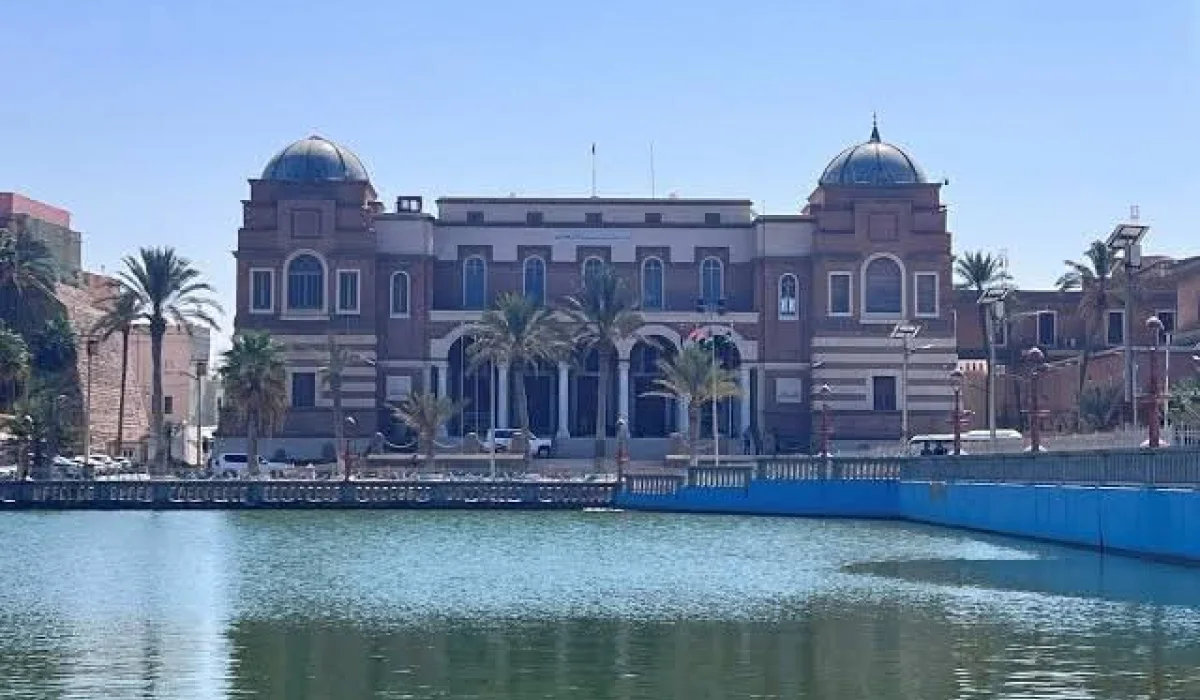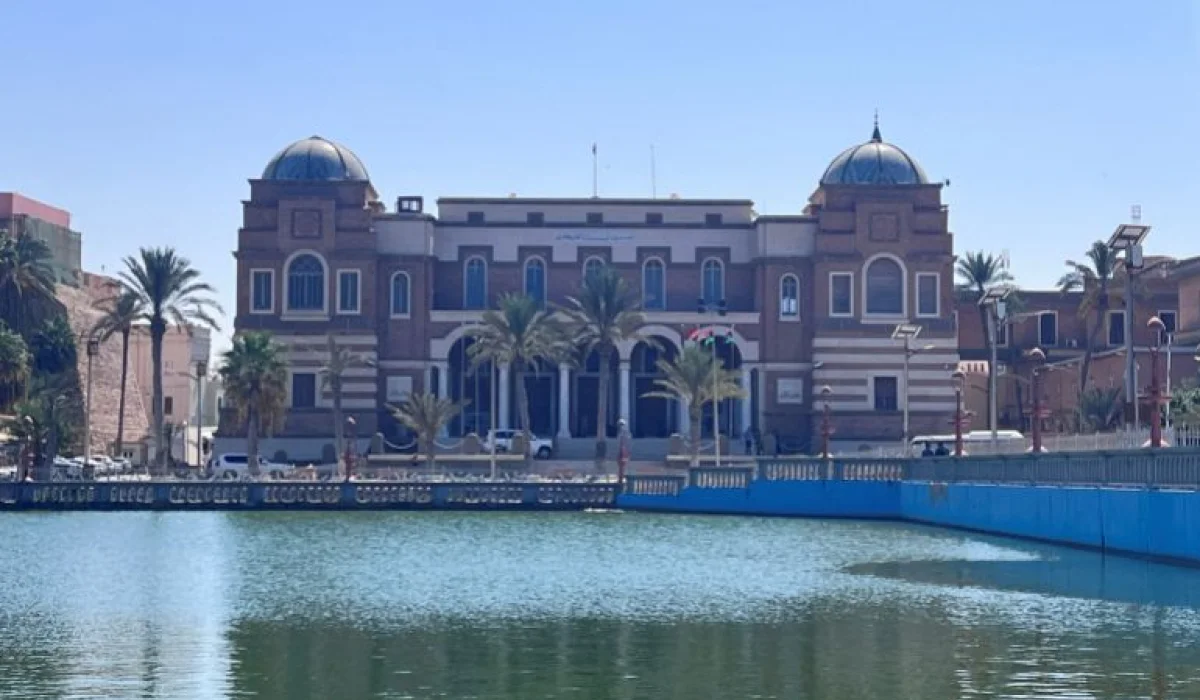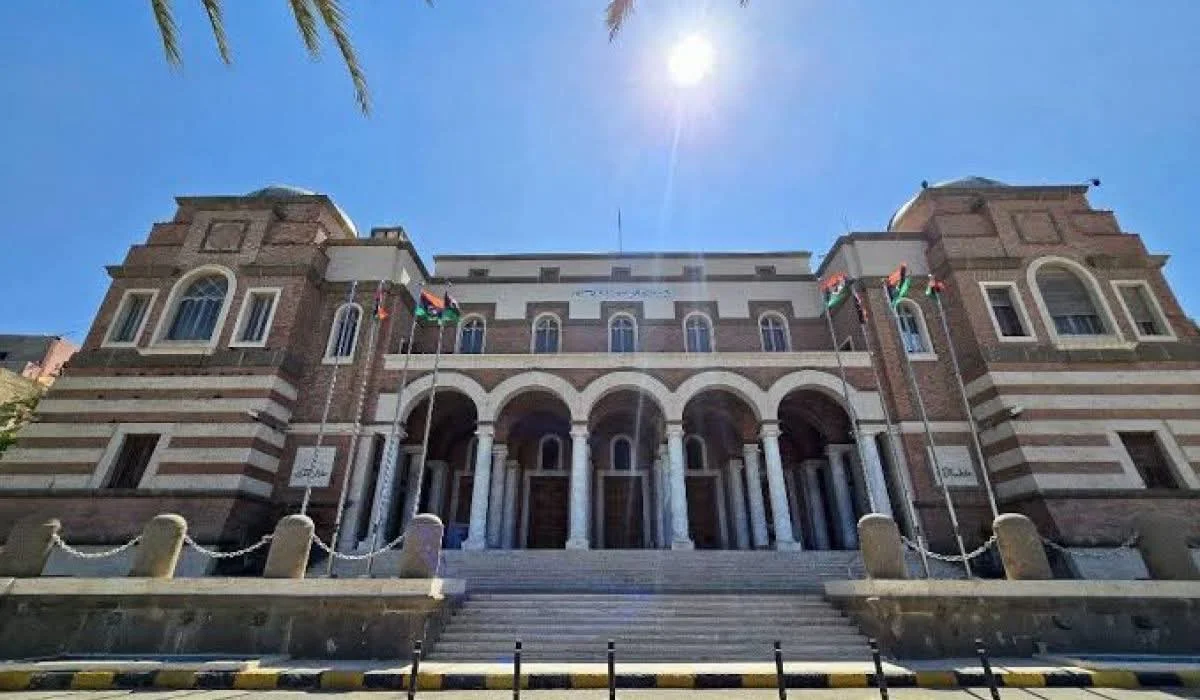House of Representatives Speaker Aguila Saleh said during today’s session that the Governor of the Central Bank of Libya, his deputy, and the Board of Directors—as well as the Council of Ministers of the Libyan Government and the Chairman of the National Oil Corporation—had submitted apologies and requested that the session be postponed to the next meeting.
During the session, MP Al-Zayed Hadiya said that the governor had been invited many times and had repeatedly apologized for not attending, as had members of the Board. He added that the Chairman of the National Oil Corporation had been invited for the first time to attend and be heard regarding the ongoing issues.
Hadiya added that, according to Administrative Control Authority reports, there are discrepancies even in revenue figures between what the NOC chairman states and what the Central Bank reports. He noted that the country is approaching the month of Ramadan, while Libyan citizens are, frankly, taking 1,000–1,500 dinars only to see them “burned” on the black market down to about 700 dinars.
He continued by saying that, in his view, the crisis has begun to worsen, and public anger is being directed at the House of Representatives and the legislative authority that selected the governor and the Board. He said that repeated absences might be excusable once or twice, but continuous absence under current conditions is unacceptable. The governor, he said, should appear before the Central Bank and explain the real reasons for the crisis. He recalled that the governor had promised the Presidency Bureau in a previous meeting that liquidity would be available by last October, yet this did not materialize for citizens.
Hadiya further called for forming an investigation or fact-finding committee with the governor and the Board regarding the conditions of the Central Bank, reserves, letters of credit, and the size of Libya’s foreign reserves. He said many issues need to be discussed directly with them to reassure the public ahead of Ramadan.
Responding to calls for an investigation, Speaker Aguila Saleh said that the governor had not refused to attend. He expressed agreement with forming a committee for questioning—not for investigation—stating that the committee would discuss matters with the governor, ask questions, communicate with him on the exchange rate, and give him the opportunity to respond and be prepared.
In the same context, MP Jalal Al-Shuwaidi said he was surprised by the excuses offered by officials during crises. He remarked that officials attend without excuses when taking the oath, but during crises, excuses of illness and travel emerge. He excluded from his remarks the Libyan Prime Minister Osama Hamad, citing illness and travel as valid reasons, and expressed hope that the governor would attend the next session to clarify the problem and proposed solutions.
Amid heated exchanges with MPs, MP Asmaa Al-Khoja warned that dismissing the Central Bank governor at such a critical time would shake the Central Bank and plunge the public into a deeper crisis. She said forming a committee suggests a path similar to the dismissal of a previous governor and argued for forming a committee of experts rather than MPs. She added that summoning the NOC chairman was illogical, as the corporation reports to the Government of Dbeibah, from which confidence had already been withdrawn.
MP Issa Aribi said that the House had repeatedly invited the Central Bank governor, who continued to apologize for not attending. He noted that the country is facing a dollar crisis, with the exchange rate rising toward 10–11 dinars, no liquidity, and a 200-dinar “burn” on every 1,000 dinars—clear signs of a serious problem that necessitates the governor’s attendance.
Aribi added that the governor hears conflicting narratives from different parties and must appear before the public to explain the dollar crisis. He said that when the governor assumed office, the dollar was at 6–7 dinars, whereas it has now risen to around 10, and liquidity was not previously this bad. He noted that the governor meets repeatedly with the financial committee and traders, conveying different messages.
He further claimed that letters of credit worth hundreds of millions of dollars are being issued for non-essential items—such as dog food—without clarity on how or to whom. He said the governor must appear before the House to tell the truth. He also pointed out discrepancies between figures reported by the National Oil Corporation and those reported by the Central Bank, which require clarification to identify where the fault lies.
Aribi concluded that a committee must be formed, given the ongoing crisis and the approach of Ramadan. He warned that if the situation continues, the dollar could rise to 12 or 13 dinars, liquidity will remain scarce, and citizens will continue to suffer. He called for an investigation committee with the governor, his deputy, and the Board, and said that if they are unable to manage the situation, others who can should be brought in. He argued that managing public funds is a technical task and that if officials cannot keep the dollar at 6 or 7 dinars, they should resign.
Commenting on calls to form an investigation committee, MP Badr Al-Din Nuhayyib said that committees often delay matters. He called for summoning the governor to the next session and taking action against him and the Board if he fails to attend. He added that the dollar is rising, liquidity is absent, and the governor should form a currency committee to return registered currency to circulation, noting claims about billions in printed currency that have not entered circulation.
At the conclusion of today’s session, the House of Representatives voted by majority to form a technical committee to meet with the Central Bank governor, his deputy, and the Board to discuss issues requiring answers before the House, including the liquidity shortage, exchange rate, delayed salaries, and proposed remedies. The committee is to present its report to the House as soon as possible, and the officials are expected to attend the next session.



